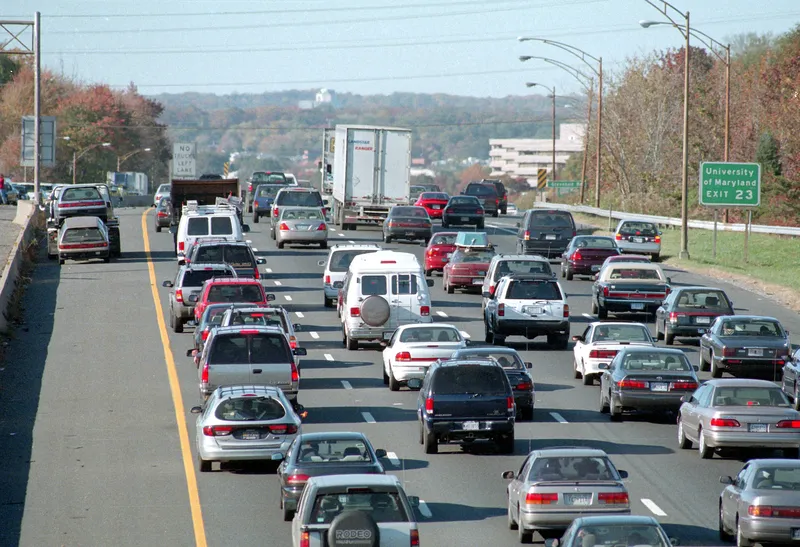US transportation secretary Anthony Foxx has announced a Transportation Infrastructure Finance and Innovation Act (TIFIA) loan of US$950 million to help pay for the reconstruction and widening of 21 miles of Interstate 4 in metropolitan Orlando, Florida. This is the largest loan the Department has awarded to a public-private partnership (P3). When completed, the project will relieve congestion in one of the country's most heavily-travelled areas.
Known as the I-4 Ultimate, the project is part of the 54-year-old I-4 corridor, which runs 73 miles between Tampa and Daytona Beach and serves several of the region's key north-south corridors, such as Florida's Turnpike and I-95.
The project completely reconstructs 21 miles of I-4 from west of Kirkman Road in Orange County to east of State Road 434 in Seminole County. Along with making this a signature corridor with details on the aesthetics and landscaping, the I-4 Ultimate project will provide a choice to motorists by adding four variable tolled Express Lanes to I-4 while maintaining the existing free general use lanes.
The design phase of the project will begin within the next month and
"We've been able to move this project from the financing drawing board to breaking ground in near record time because of the Department's early involvement," said Secretary Foxx. "The I-4 Ultimate is the sort of highway improvement America's drivers need and it underscores the importance of passing the President's Grow America Act to make more investments to modernize our aging roads to keep up with future demands."
"Without a loan like this, Orlando's I-4 would have continued to age requiring even more costly fixes in the years ahead, creating additional traffic delays without any hope of congestion relief," said Acting Federal Highway Administrator Gregory Nadeau. "The travel demands in this area of Florida continue to grow, which is why the I-4 Ultimate is the right solution at the right time."
FDOT to rebuild major segment of I-4
US transportation secretary Anthony Foxx has announced a Transportation Infrastructure Finance and Innovation Act (TIFIA) loan of US$950 million to help pay for the reconstruction and widening of 21 miles of Interstate 4 in metropolitan Orlando, Florida. This is the largest loan the Department has awarded to a public-private partnership (P3). When completed, the project will relieve congestion in one of the country's most heavily-travelled areas.
Known as the I-4 Ultimate, the project is part of the 54-y
September 10, 2014
Read time: 3 mins









